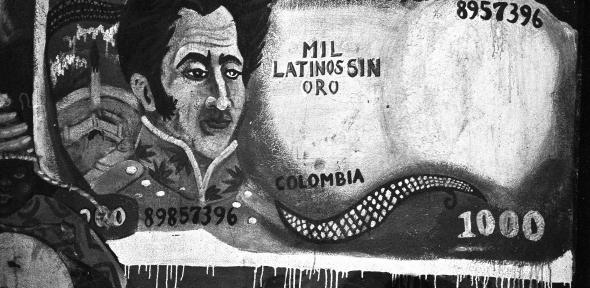
The Politics of Nature in Latin American Culture
Module Coordinator: Dr Carlos Fonseca
This module will explore the politics of how nature has been represented and mediated in selected essays, poetry, films, works of fiction, and works of visual, performance, and installation art in Latin America from the early colonial period to the present day.
The first seminars will interrogate how imaginaries of nature are constructed to shore up colonial power and to underpin the cultural and scientific projects of modernity, as well as to serve the aims of nation-building in the new republics. Later seminars will focus on alternative and contestatory uses of nature within posthuman, environmental, and decolonial frameworks, and contrast Western imaginaries of nature with indigenous perspectives. Throughout the module, the texts studied will explore what is at stake, politically and ethically, when nature is depicted as Romantic idyll, catastrophe, myth, economic resource or a more-than-human community, when it is opposed to culture or history or in need of colonization, conservation or care. Students will be encouraged to explore the expressive means of the different forms of texts, performance, and media studied, but also to approach them from a range of disciplinary perspectives and to connect them closely with critical local and regional debates.
Teaching will take the form of open-discussion seminars at which students are asked to give short presentations. A good reading knowledge of Spanish is required (usually degree-level), as although some of the primary works are available in translation, many of the secondary sources are not. Texts in Portuguese may be read in English or Spanish translation if preferred.
